2008

Before SHF
Robinah Muganzi, while collaborating with survivors of human trafficking, met Robin Nestler during a mission trip to Uganda, where their shared name and compassion forged a friendship. Realizing her passion for helping sexually exploited girls and women in Kampala’s brothels, Robinah began visiting these spaces to understand their struggles. She envisioned creating a safe space for these women to escape judgment, rebuild their identity, and find purpose.
2009
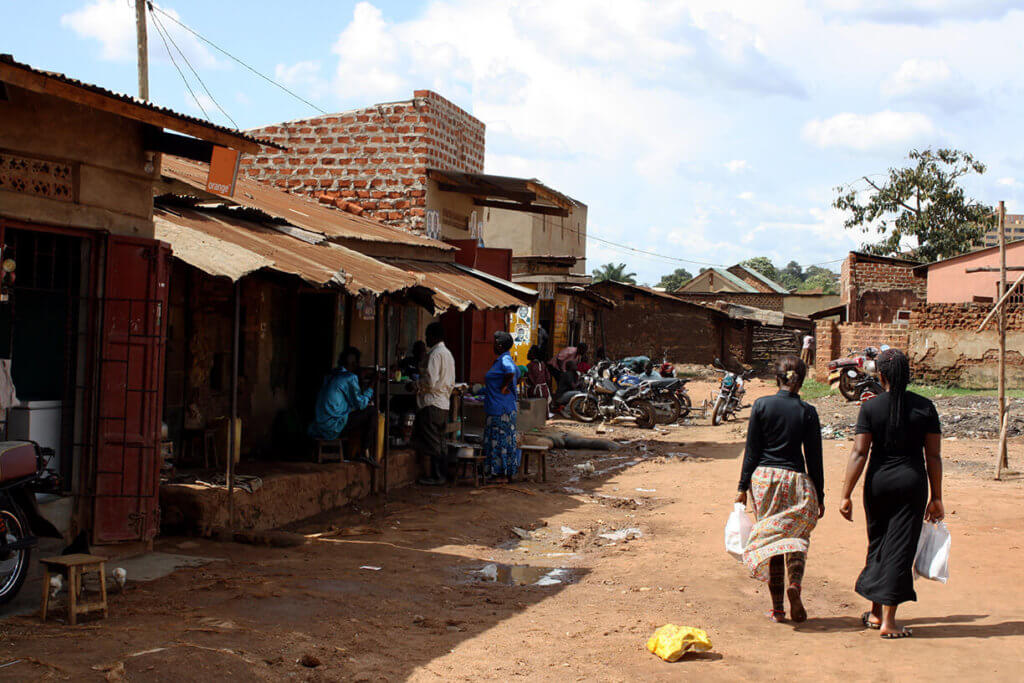
The Inspiration
Robinah co-founded Purse of Hope with another partner, Kristen, focusing on empowering women by selling handmade purses to fund support programs. When Robin revisited Uganda, she found Robinah transitioning away from Purse of Hope due to different visions. Robinah aimed to tackle the root cause of prostitution in Kampala, such as poverty and single motherhood, while her partner’s focus was on northern Uganda. Determined to pursue her vision, Robinah decided to start her own organization, and with Robin’s support, they rented a house to launch what would become Set Her Free.
January 26, 2011
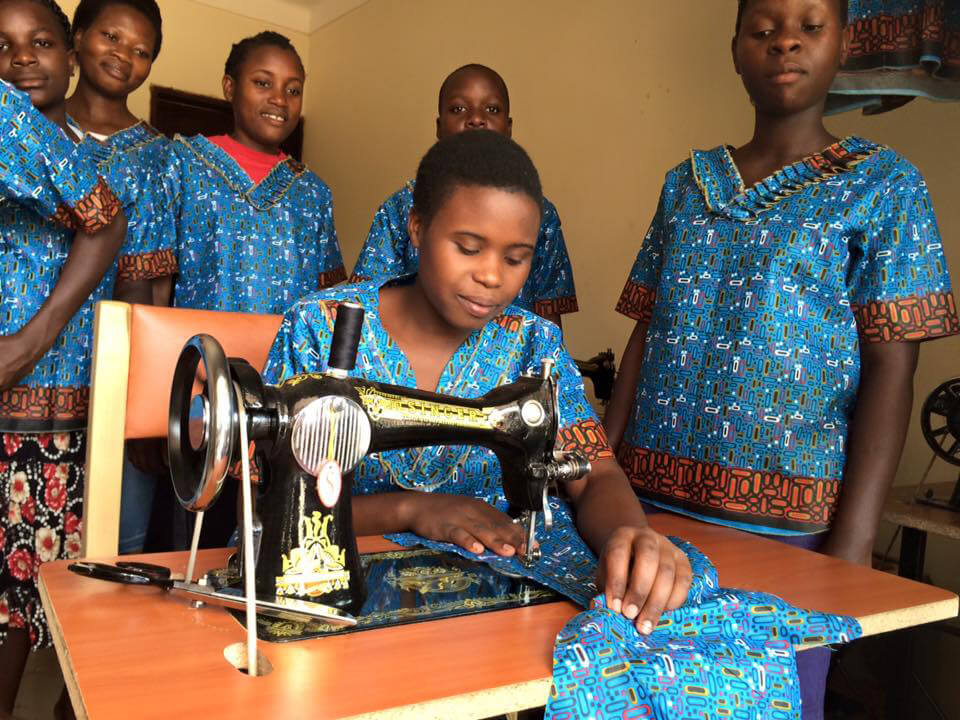
Founding of Set Her Free
Set Her Free officially launched its first center near Bwaise, an underserved neighborhood in Kampala, providing a safe haven for girls and home for mothers seeking alternatives to prostitution. The organization introduced a child sponsorship program to ensure access to education and break the cycle of poverty. Additionally, it offered vocational training in skills like skewing and baking, empowering women to find meaningful employment and reduce reliance on prostitution.
2012

Partnerships and Growth
Set Her Free partnered with GlobeMed at the George Washington University, introduced by Megan (former colleague at Educate). This partnership enhanced SHF’s initiatives, with the first GlobeMed chapter visiting Uganda to collaborate on hygiene management programs in school and other implementation projects. GlobeMed teams support SHF annually, providing funding and support.
2013

Partnerships and Growth
The Segal Family Foundation began funding SHF, helping address challenges such as community proximity and operational costs. Their support allowed SHF to expand and sustain its programs.
2018

Partnerships and Growth
SHF purchased land in Bombo to start a farm. The farm aimed to promote self-sustainability by producing food and generating income through livestock.
2020
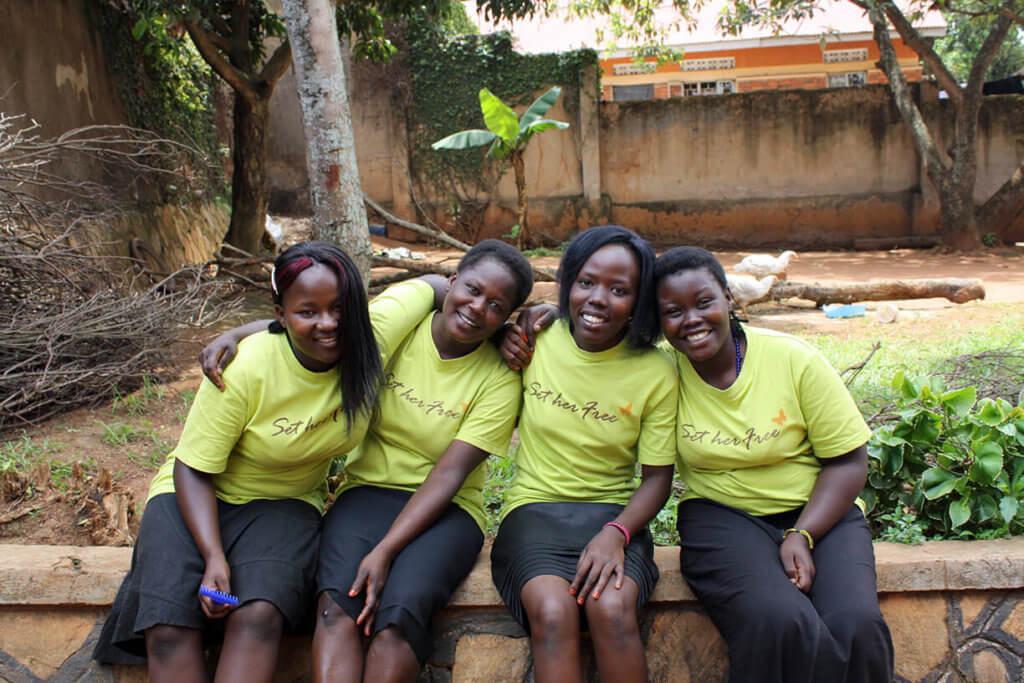
Impact of COVID-19
Uganda’s two-year lockdown led to widespread school closures, leaving girls particularly vulnerable and resulting in a significant rise in teenage pregnancies, with SHF reporting up to 10 teenage mothers at once as compared to just 2 before the pandemic. Many girls permanently dropped out of school, prompting SHF to expand its shelter with temporary extensions and tents, though these measures proved to be insufficient. To accommodate the growing number of girls, SHF relocated some to the Bombo Farm, which served as a haven during the lockdown and provided them with farming and animal care skills. During the lockdown, Bombo serves as a home for many of the new teenage mothers as children were staying home and unable to go to school.
2022
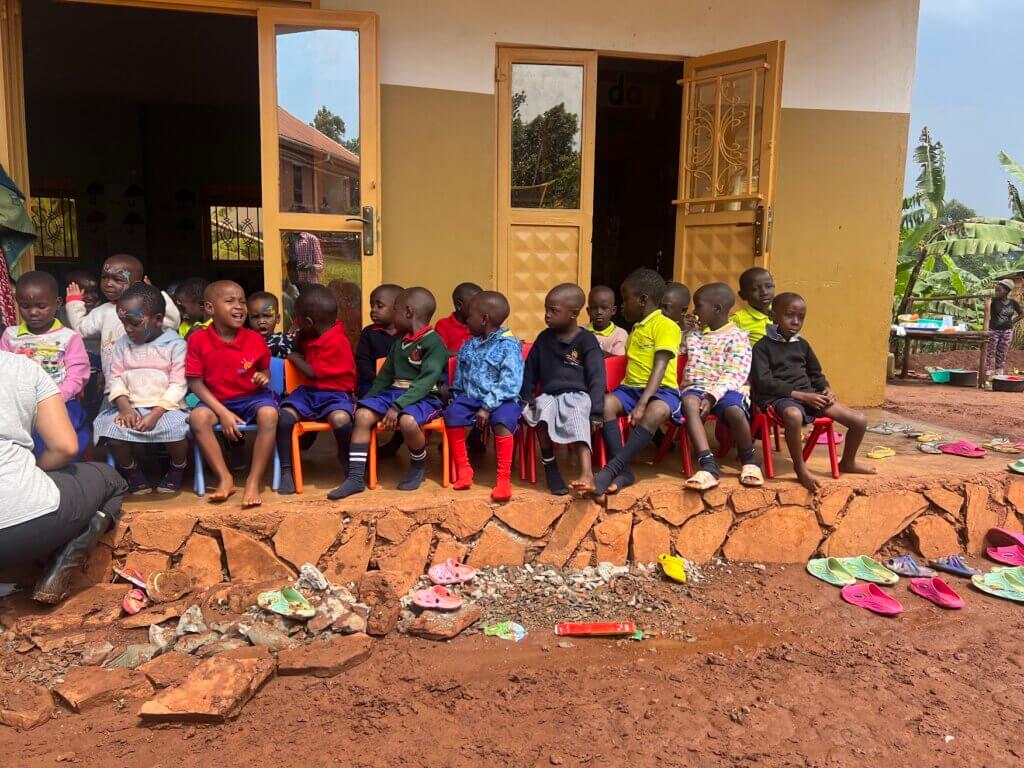
Post Pandemic
SHF relocated to a larger site after outgrowing its previous location, a move necessitated by the increased demand for services due to the pandemic’s efforts. Bombo farm became a long-term home for children pursuing formal education, providing a stable environment were they live under the care of the older men and women when not boarding at school, while also learning farming and life skills.
2024
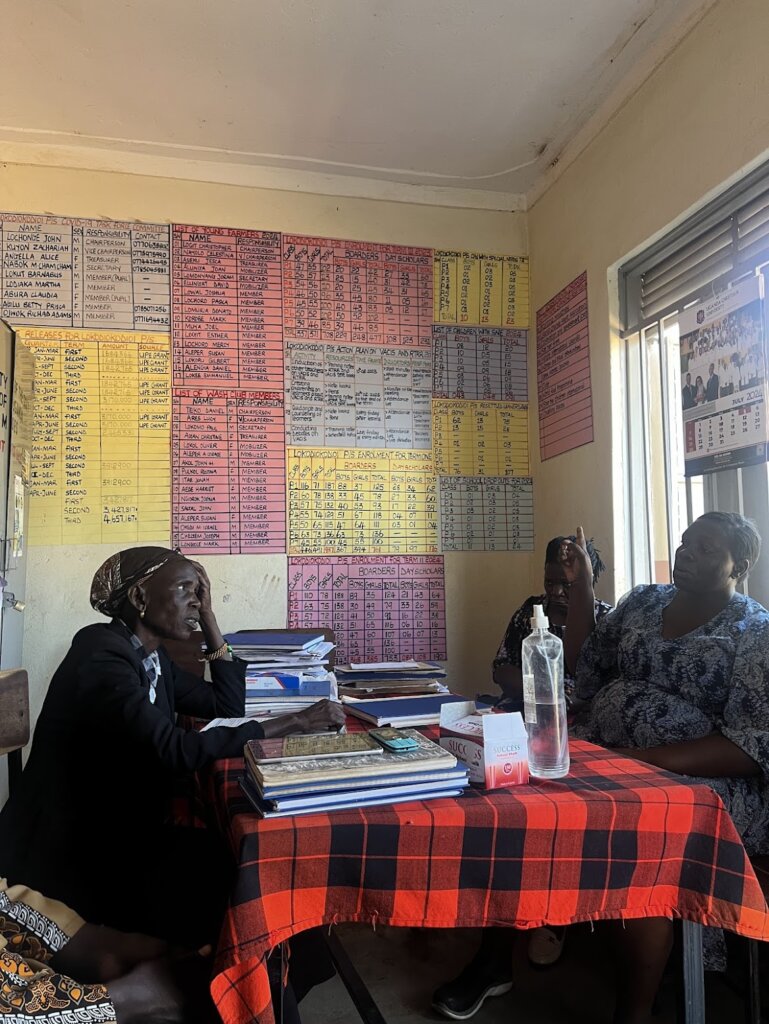
Current Developments
SHF has opened Shine kindercare, its first school to nurture children and reduce sponsorship costs. The school fulfills Robinah’s long-standing dream of providing in-house education for children. SHF has also begun to expand into Karamoja to fight child trafficking and poverty in Northern Uganda.
